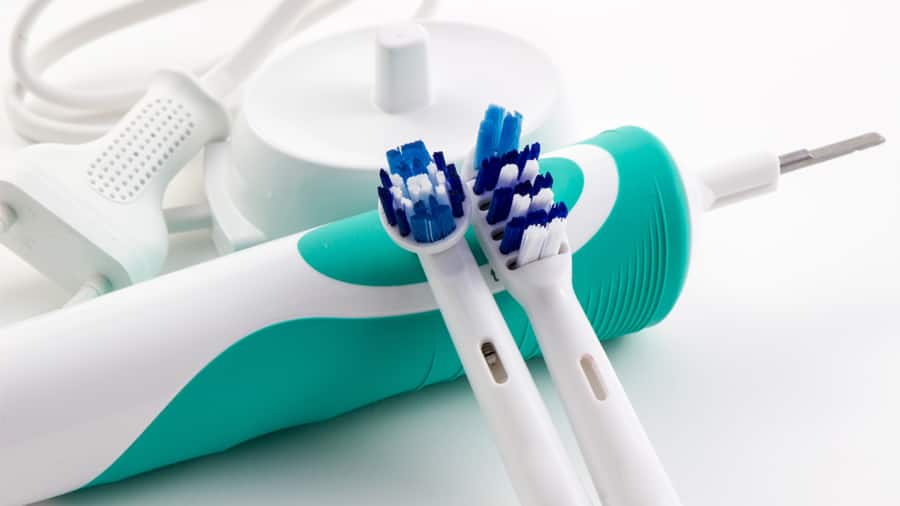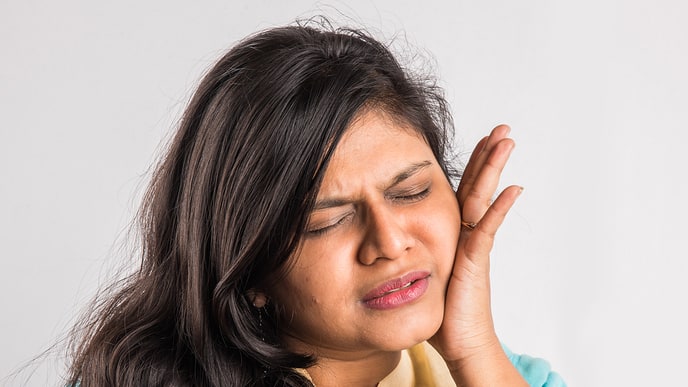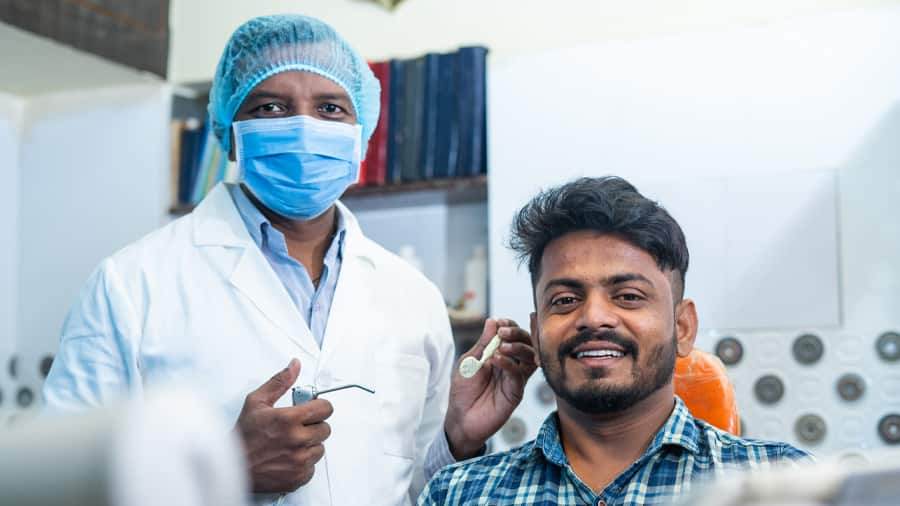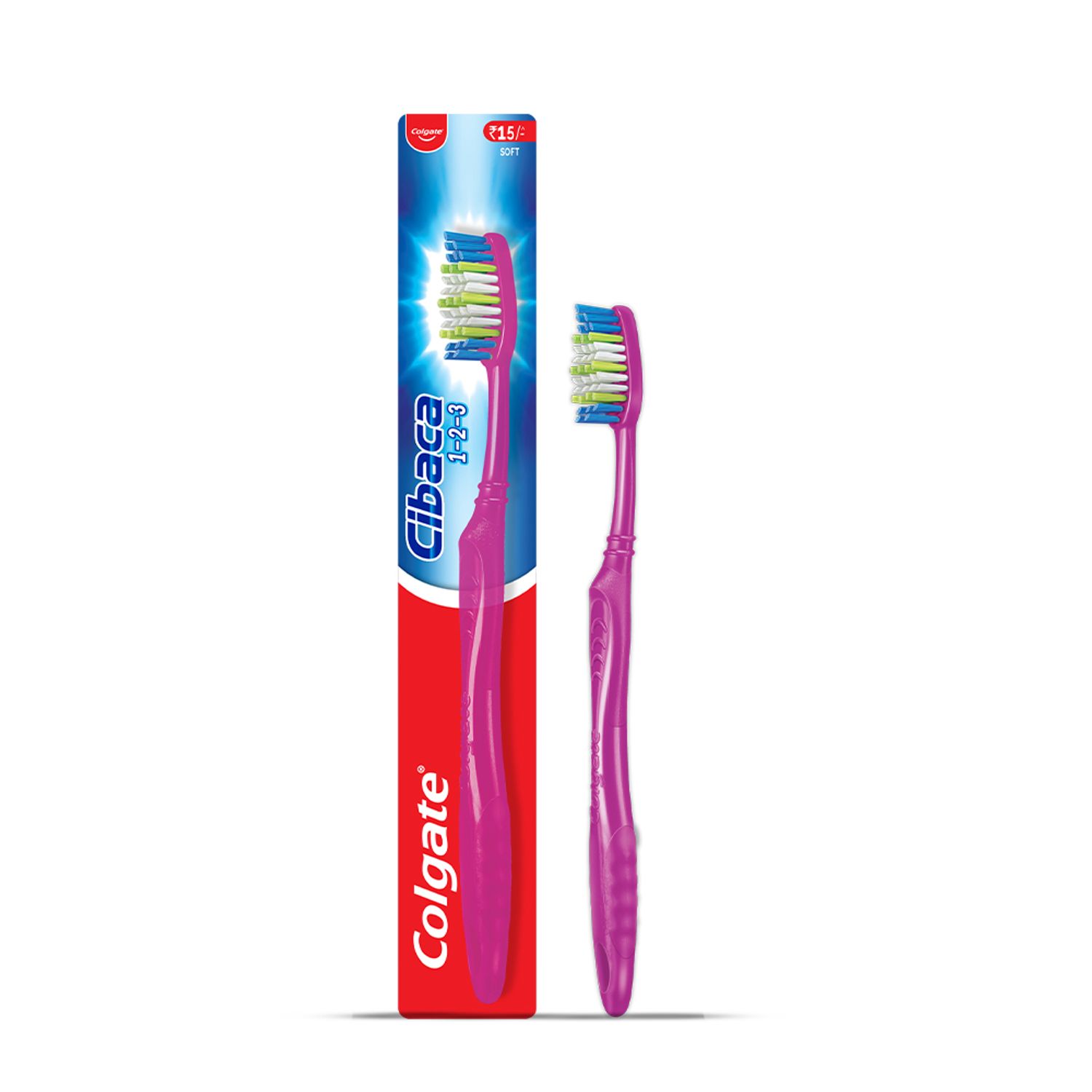Why Vibrating Toothbrushes Boost Oral Hygiene
Some vibrating toothbrushes have speeds up to 32,000 strokes per minute, as an article from the International Journal of Preventive and Clinical Dental Research (IJPCDR) notes. This vibration is theorised to benefit dental health in several ways. The article explains that the rapid vibration of the toothbrush may help move fluid around the teeth, dislodging plaque from hard-to-reach areas, such as between the teeth and along the gumline. This may make it easier to keep your mouth clean and healthy.
The Indian Dental Association notes that the main cause of cavities and periodontal disease is the accumulation of plaque. Plaque is the sticky film of food and bacteria that forms constantly on your teeth. Therefore, removing it is very important for your oral health. The IJPCDR article also mentions that some studies have shown that acoustic vibrations, such as those from a vibrating toothbrush, can make it harder for oral bacteria to stick to hard surfaces, such as your teeth. This may also contribute to keeping your teeth clean, but more research is needed to prove the effects.
Effectiveness of Manual Toothbrushes
If you're happy with your tried-and-true manual toothbrush, you don't necessarily need to trade it in for a vibrating model. According to the Indian Dental Association, electric or power-assisted toothbrushes are a fine alternative to manual brushes. They are especially useful for people who don't use proper brushing techniques.As long as you follow the best tooth brushing practices, either type of toothbrush can help to keep your teeth and gums clean.
For some people, powered toothbrushes — including vibrating toothbrushes — may provide other desirable benefits. The Indian Dental Association recommends to switch to an electric toothbrush if necessary. Arthritis or a decline in mobility may make it difficult to brush your teeth. Using an electric toothbrush can help eliminate a lot of the physical movement required to brush manually, doing most of the work for you. People with dental appliances, such as braces, may also prefer powered toothbrushes.
If you're not sure which type of toothbrush is best for your needs, ask your dentist for advice.
Tooth Brushing Best Practices
No matter which type of toothbrush you choose to use, it's important to remember tooth brushing best practices.
Proper tooth brushing can help you prevent cavities and gum disease.
To keep your mouth clean the IDA recommends:
- Brush at least twice a day.
- Brush no more than three times a day, and brush lightly.
- Brush for at least two minutes, and fix a standard routine.
- Always use a toothbrush with soft or extra-soft bristles.
Fix a standard routine. Always use a toothbrush with soft or extra-soft bristles. Change your toothbrush regularly. Electric is fine, but not always necessary. There are many potential health benefits associated with vibrating toothbrushes, and for some people, they're easier to use than manual toothbrushes. If you like your manual toothbrush, rest assured that it can be just as effective as a high-tech model. For more help choosing the right toothbrush for you, talk to your dentist or dental hygienist.
This article is intended to promote understanding of and knowledge about general oral health topics. It is not intended to be a substitute for professional advice, diagnosis or treatment. Always seek the advice of your dentist or other qualified healthcare provider with any questions you may have regarding a medical condition or treatment.
ORAL HEALTH QUIZ
What's behind your smile?
Take our Oral Health assessment to get the most from your oral care routine
ORAL HEALTH QUIZ
What's behind your smile?
Take our Oral Health assessment to get the most from your oral care routine













